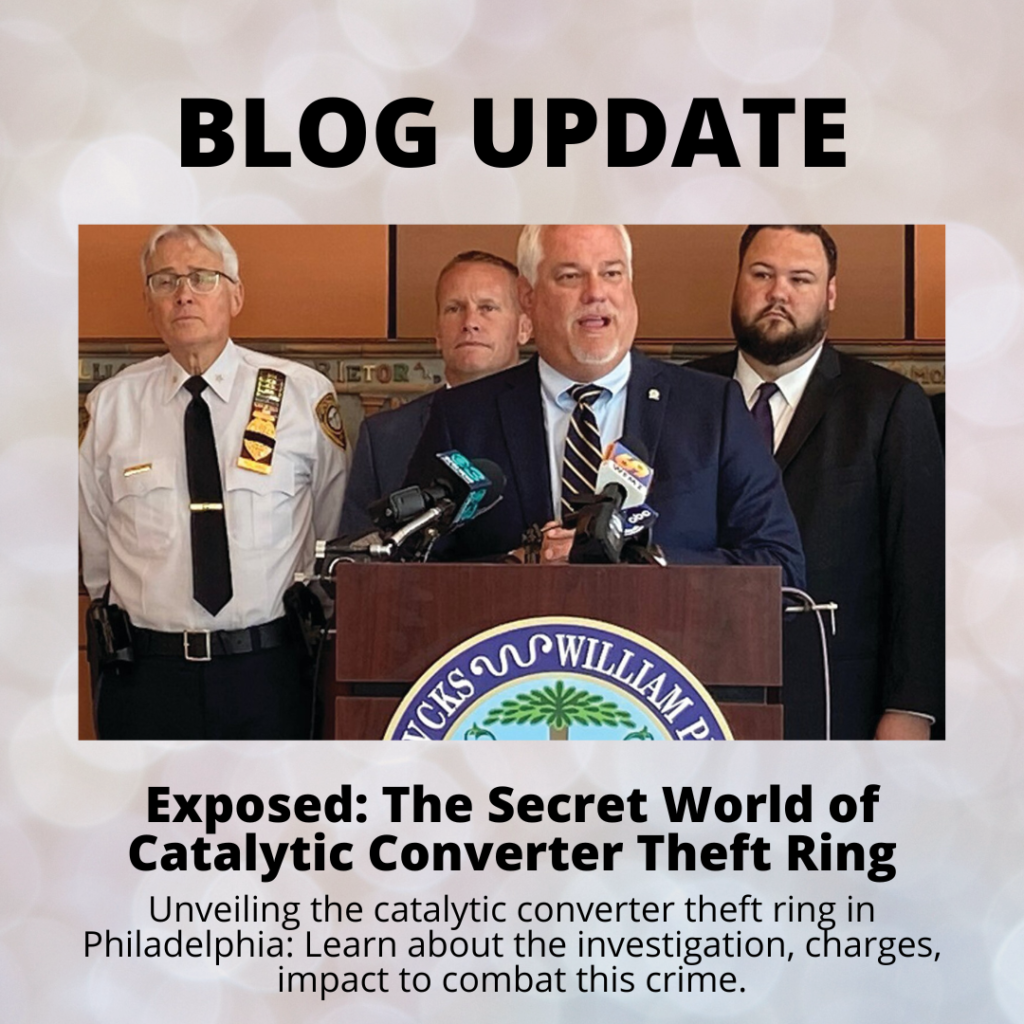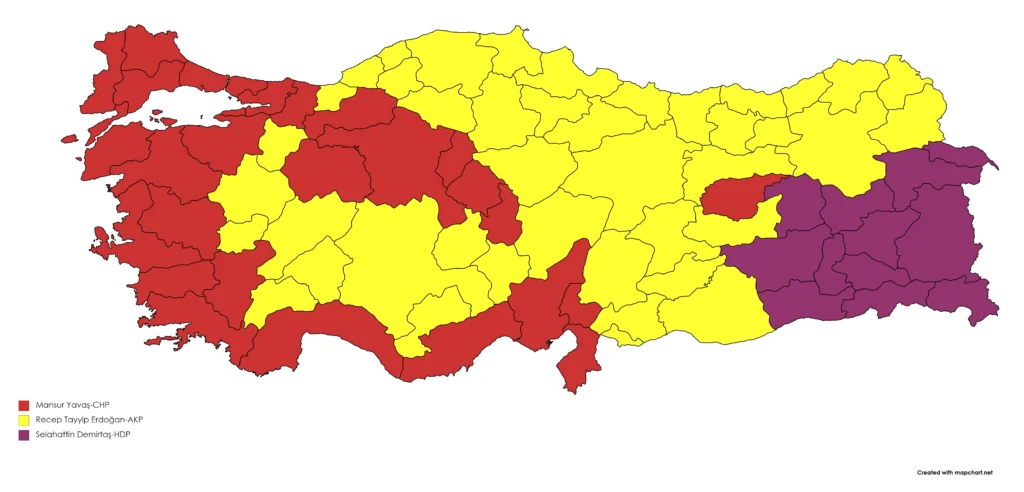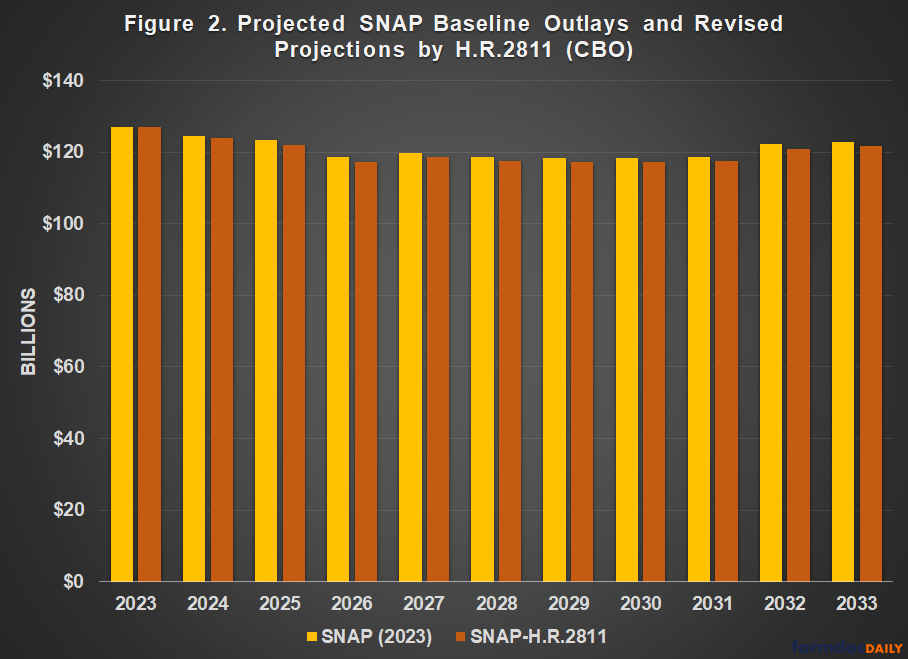Introduction
The catalytic converter theft ring in Philadelphia has been a cause for concern and a major challenge for law enforcement agencies. This article sheds light on the nature of the criminal activities, the investigative efforts, the resulting charges, and the overall impact on both financial and community levels.

The Investigation
Details of the investigation into TDI Towing
The investigation into the catalytic converter theft ring primarily focused on TDI Towing, a local towing company suspected to be involved in the criminal enterprise. Law enforcement agencies dedicated significant resources to gathering evidence, conducting surveillance, and building a strong case against the individuals responsible.
Cooperation between law enforcement agencies
To effectively combat the theft ring, various law enforcement agencies collaborated closely. Local police departments, the Philadelphia District Attorney’s Office, and federal agencies like the FBI worked together, sharing intelligence and coordinating efforts. This coordinated approach proved crucial in uncovering the full extent of the criminal operation.
The Charges
Charges against TDI Towing and individuals involved
As a result of the investigation, TDI Towing and several individuals connected to the company were charged with multiple criminal offenses. These charges included theft, possession of stolen property, conspiracy, and engaging in organized criminal activity. The charges reflect the serious nature of their involvement in the catalytic converter theft ring.
Overview of the criminal activities
The criminal activities of the catalytic converter theft ring involved the targeted theft of these emission control devices from vehicles throughout the Philadelphia area. The stolen catalytic converters were then sold to black market buyers for their precious metal content. The operation had been ongoing for a significant period, causing substantial financial losses and inconvenience to countless victims.
The Impact
The financial impact of the theft ring
The catalytic converter theft ring had a severe financial impact on both individuals and businesses. The cost of replacing stolen catalytic converters, coupled with the repair work required due to the theft, placed a significant burden on victims. Insurance companies also faced increased claims, leading to higher premiums for vehicle owners. The overall economic impact was substantial and widespread.
The Effect on local communities
Beyond the financial ramifications, the catalytic converter theft ring had a detrimental effect on the affected communities. The increase in stolen converters disrupted the daily lives of individuals, leading to inconvenience, frustration, and a sense of insecurity. Moreover, the environmental consequences resulting from the tampering with vehicles’ emission systems were a matter of concern, contributing to air pollution and health risks.
Conclusion
The dismantling of the catalytic converter theft ring in Philadelphia marks a significant victory for law enforcement and the community at large. The successful investigation and subsequent charges send a strong message that such criminal activities will not be tolerated. However, it is crucial to remain vigilant and continue efforts to prevent future catalytic converter thefts.
Ongoing initiatives involving law enforcement, community outreach, and public awareness campaigns aim to curb the theft of catalytic converters. By addressing the underlying factors that contribute to these crimes, we can collectively work towards a safer and more secure environment for all vehicle owners.

FAQs
1. How did law enforcement agencies identify TDI Towing as a key player in the theft ring?
The investigation involved a combination of intelligence gathering, surveillance, and analysis of patterns and connections. Law enforcement agencies dedicated significant resources to uncovering the involvement of TDI Towing based on the evidence collected.
2. Were there any other businesses or individuals implicated in the catalytic converter theft ring?
While TDI Towing was the primary focus of the investigation, the authorities did identify and charge individuals and entities associated with the criminal operation. The investigation aimed to dismantle the entire network involved in the theft ring.
3. What steps can vehicle owners take to protect their catalytic converters?
To minimize the risk of catalytic converter theft, vehicle owners can consider installing security measures such as protective shields or alarms. Additionally, parking in well-lit areas, utilizing secure parking facilities, and engraving identification marks on the converters can act as deterrents.
4. How can the community support ongoing efforts to prevent catalytic converter thefts?
The community can play a vital role by remaining vigilant and reporting any suspicious activities to law enforcement. Additionally, spreading awareness about the issue and educating others about preventive measures can help protect individuals and collectively combat this form of theft.
5. Are there any specific penalties associated with catalytic converter theft in Philadelphia?
The penalties for catalytic converter theft vary depending on the jurisdiction and the specific circumstances of the crime. In Philadelphia, individuals involved in catalytic converter theft can face charges ranging from theft-related offenses to conspiracy and organized criminal activity, carrying significant penalties including fines and imprisonment.


